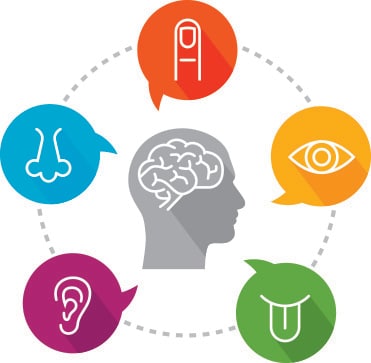You're going about it ass-about-face. People are aware of what human consciousness is. What you're in fact doing is simply stating (in your view) not what consciousness is but what you think is not possible without it, simply by defining the things not possible without it as necessarily requiring consciousness.
There's nothing clever in what you're saying, despite the waffle. There's simply a trivial argument that goes from your definition to the conclusion you want to reach. And why is it trivial? Because you have explicitly included the conclusion within the definitions you use.
I'm sorry you are non-savvy with computers, as clearly you seem to be getting the wrong impression of what people are talking about.
As well as the argument from incredulity that billvon has mentioned, you are also dismissing any possible notion of the concepts in question that aren't equivalent in demonstration to when humans/conscious entities display them, or work exactly how they work with such conscious entities, rather than looking at what the concept actually is in a broader sense. Yes, there is a certain complexity to such concepts that comes with them being performed by conscious entities, but that doesn't preclude much simpler notions of the same concepts being demonstrable by non-conscious entities.
Furthermore, you're ignoring in this thread the fact that a cat, lacking self-awareness, is no more self-aware of what it does than IBM Watson is. Cats are biological, and obviously "conscious" in as much as any animal is (they are able to respond to stimuli and their surroundings etc), but they are not "conscious" if by that you mean self-aware - they do not pass any test of self-awareness, for example. They have memory, they have the ability to learn, but unless you can show how they are aware of what they know (this "conscious knowing" that you require for knowledge) then you can't claim that cats have more knowledge than IBM's Watson, as, according to your definitions, both would have ZERO knowledge.
So in answer to your thread: using your own definitions you are wrong - a cat "knows" precisely as much as IBM's Watson: ZERO.





